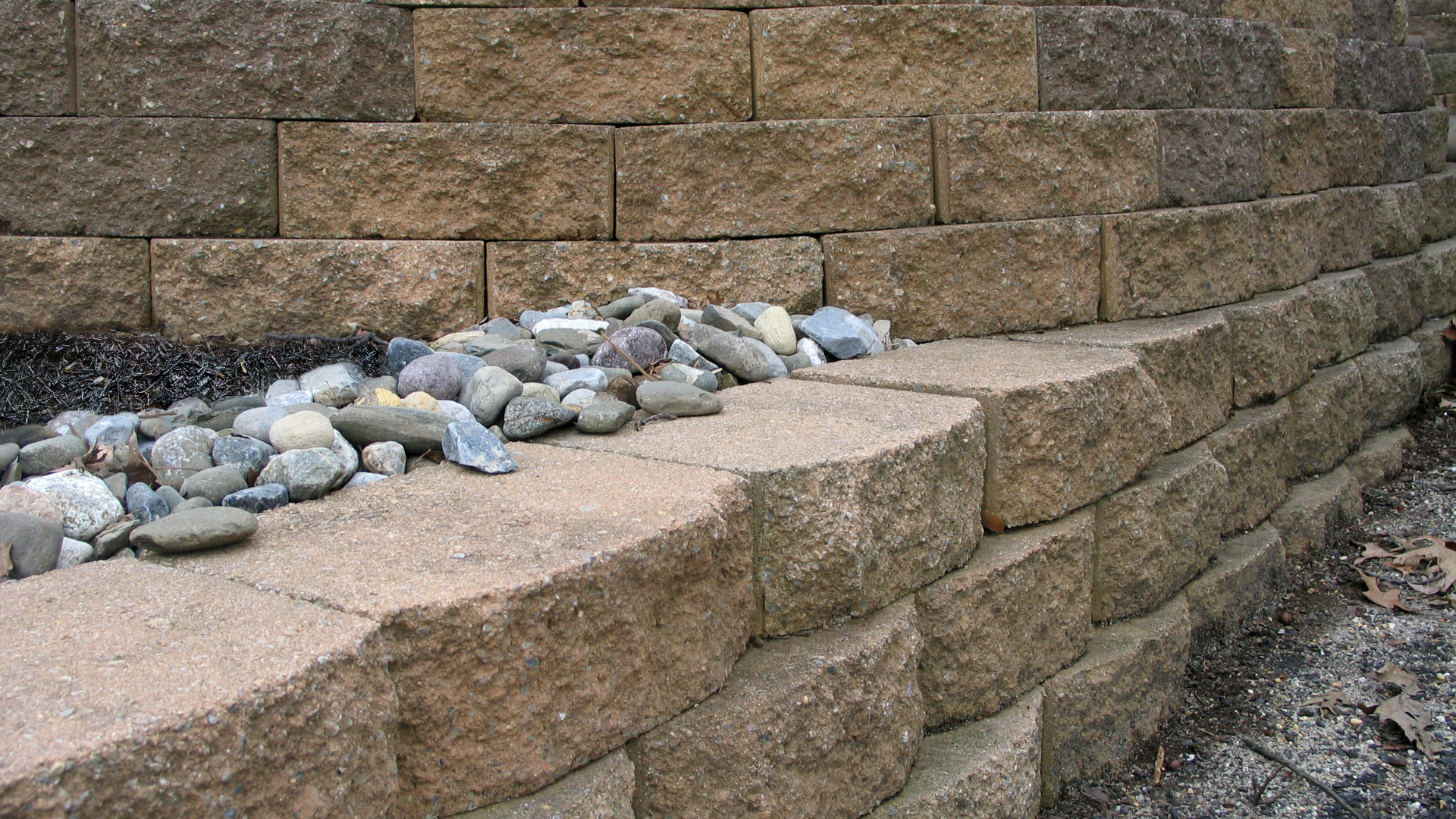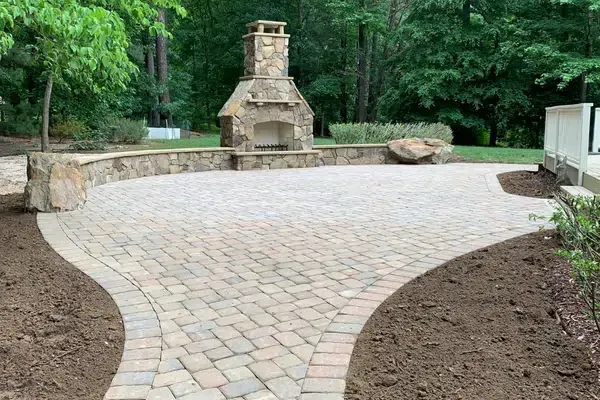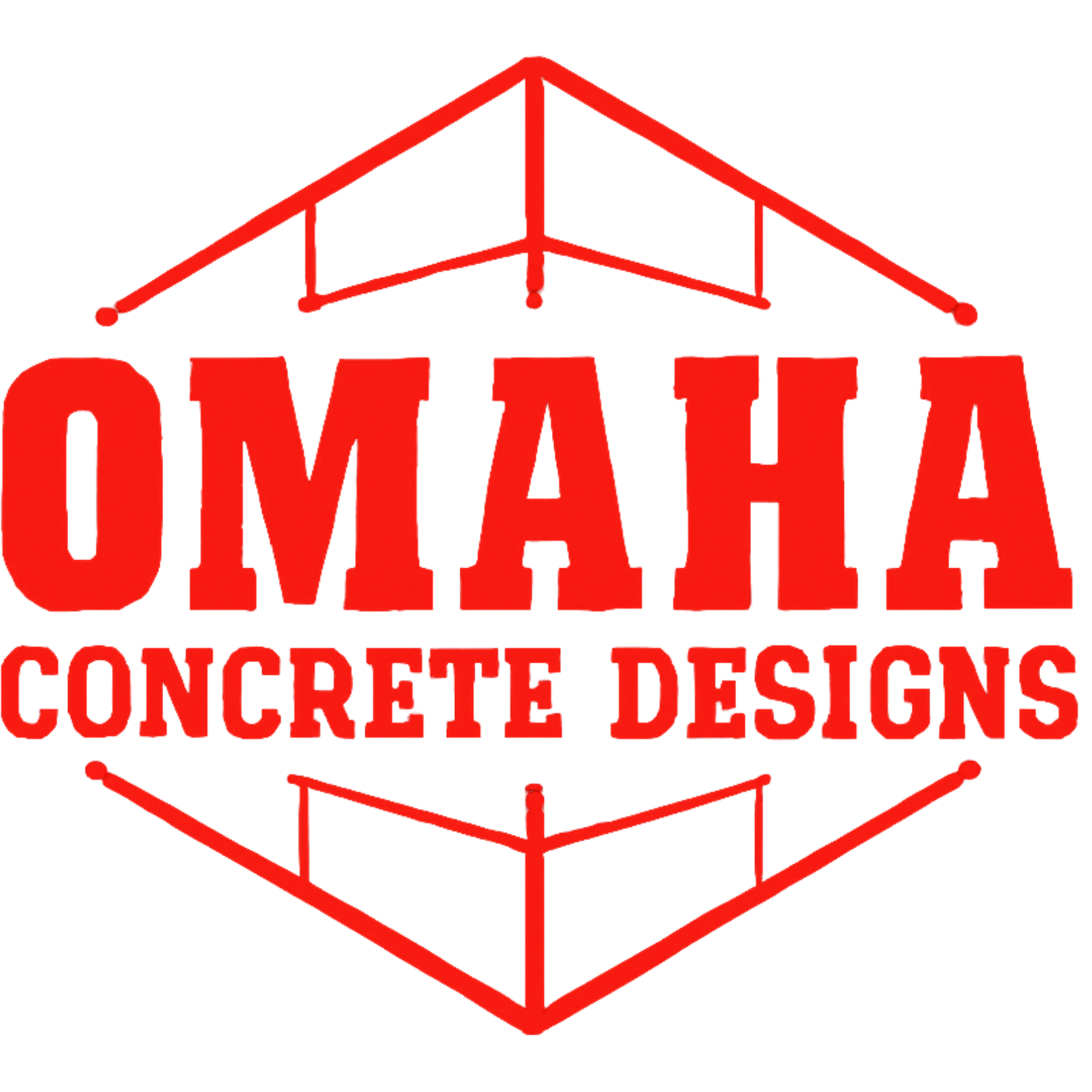How to Prepare Your Yard for a Custom Concrete Fire Pit: A Step-by-Step Guide
Dreaming of Cozy Nights Around the Fire? Start Here
There’s nothing quite like gathering around a fire pit on a crisp Nebraska evening. But before you can enjoy those marshmallow-roasting nights, your yard needs proper preparation. As Omaha’s concrete fire pit specialists, we’ve seen what happens when preparation gets rushed—and trust us, you don’t want warped concrete or a lopsided fire pit.
This guide walks you through every step, whether you’re DIY-ing or preparing for professional installation. Let’s get your yard ready for the centerpiece it deserves.
Step 1: Choose the Perfect Location
Picking the right spot is about more than just views. Here’s what to consider:
- Safety First: Keep at least 10 feet away from structures and overhanging trees (that gorgeous maple won’t look so great with scorched leaves).
- Wind Patterns: Nebraska winds love to shift—watch how smoke travels across your yard at different times of day.
- Utility Lines: Call 811 before digging to mark gas, water, and electrical lines. We’ve seen one too many shovel vs. gas line showdowns.
Pro Tip: Scatter flour or spray paint to outline potential locations and live with them for a few days.
Step 2: Clear and Level the Area
Your fire pit needs a stable foundation. Here’s how to prep the ground:
- Remove all vegetation—grass, weeds, and roots. They decompose and cause settling.
- Excavate 6-8 inches deep—enough space for gravel base and concrete.
- Check for level—use a 2x4 and carpenter’s level. Nebraska’s clay soil loves to shift, so take your time here.
Common Mistake: Skipping the gravel base. Without it, winter freeze-thaw cycles will turn your fire pit into a leaning tower.
Step 3: Plan for Function and Comfort
A great fire pit is more than just a concrete ring. Think about:
- Seating Walls: 18-20 inches high is ideal for resting drinks (and tired feet).
- Traffic Flow: Leave 3-4 feet around the pit for walking space—no one likes singed sleeves.
- Material Storage: Keep firewood at least 5 feet away to prevent accidental ignition.
Omaha Insight: We often incorporate built-in log storage nooks for local clients who burn wood all winter.
Step 4: Understand the Concrete Process
If you’re hiring pros like us, here’s what to expect:
- Forms and Rebar: Steel reinforcement prevents cracking from heat expansion.
- Pouring Day: The concrete mix matters—we use 4,000 PSI with heat-resistant additives.
- Curing Time: 7 days minimum before first use (yes, even if it looks dry).
Why This Matters: Rushing the curing process is the #1 reason DIY fire pits crack prematurely.
Step 5: Final Touches Before Enjoyment
You’re almost ready for s’mores! Just remember:
- Let the concrete fully cure before building your first fire.
- Start small—low flames for the first few uses to slowly heat the concrete.
- Seasonal Care: Cover your pit during Nebraska winters to prevent moisture damage.
FAQs From Omaha Homeowners
Q: Can I add a fire pit to my existing patio?
A: Sometimes! We’ll assess your patio’s thickness and reinforcement. Older concrete often needs support.
Q: How do I keep my fire pit from smoking too much?
A: Proper airflow is key—we design ours with hidden ventilation channels.
Q: What’s the best shape for wind protection?
A: Round pits create less turbulent airflow than square ones in our gusty plains.
Ready to Transform Your Backyard?
Take the Next Step:
📞 Call
(402) 319-2100 for a free site evaluation



